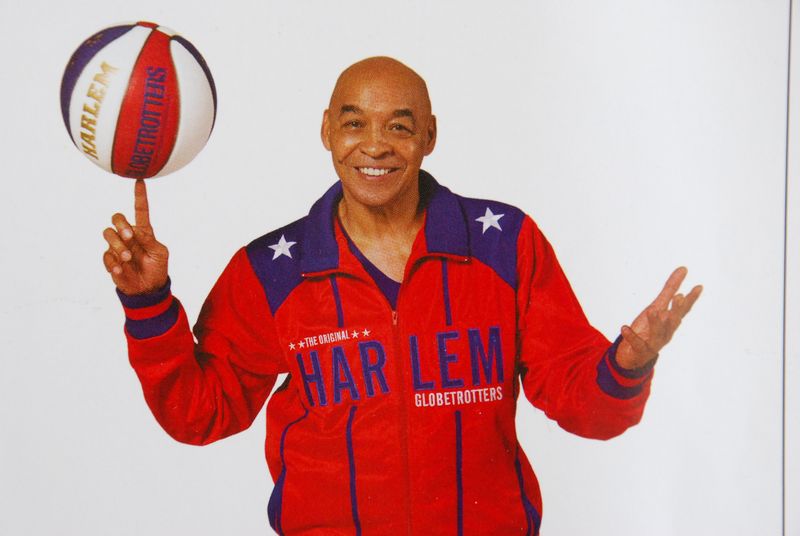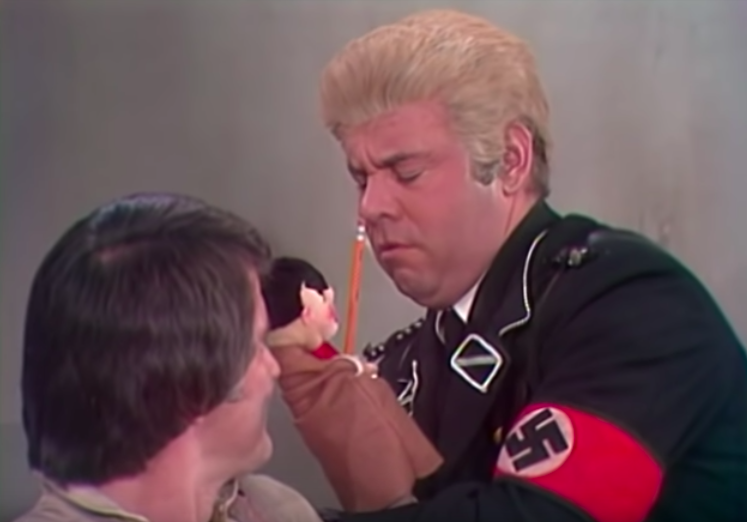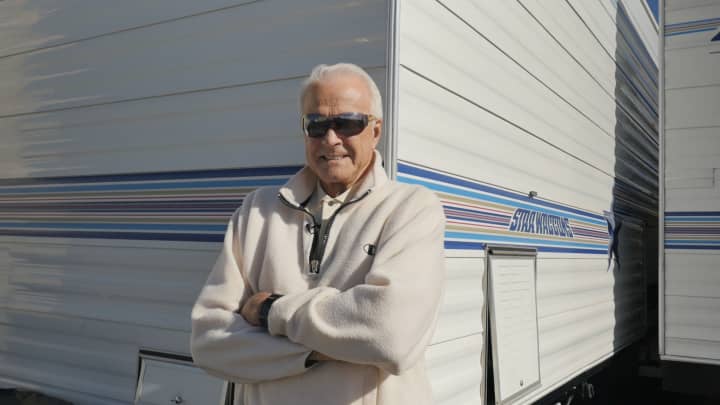March 30, 1962
Jack Paar films his final episode of The Tonight
Show.
Paar had hosted the show
since July 1957, six months after Steve Allen stepped down. Paar was known for
his emotional outbursts, which included walking off the set of The Tonight
Show on February 11, 1960, to protest network censorship of his jokes. The
unflappable Johnny Carson took over as host starting in October 1962.
April
3, 1980
April 5, 1980
March 30, 1962
Jack Paar films his final episode of The Tonight
Show.
Paar had hosted the show
since July 1957, six months after Steve Allen stepped down. Paar was known for
his emotional outbursts, which included walking off the set of The Tonight
Show on February 11, 1960, to protest network censorship of his jokes. The
unflappable Johnny Carson took over as host starting in October 1962.
April
3, 1980
The
final episode of Barnaby Jones
aired.

April 5, 1980
The final episode of "Hawaii Five-O"
aired.
To quote the Bicentennial Minute, "And that's the way it was".
To quote the Bicentennial Minute, "And that's the way it was".












